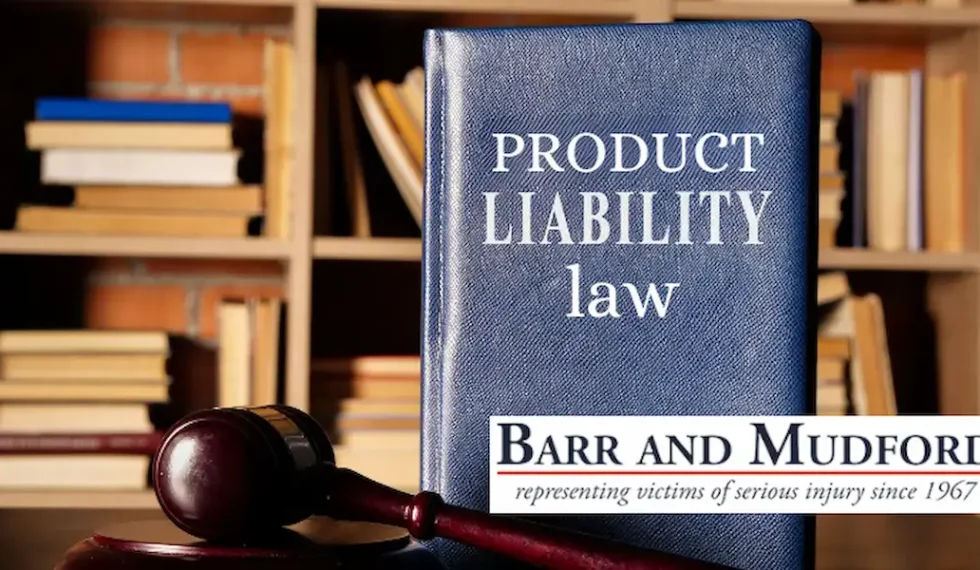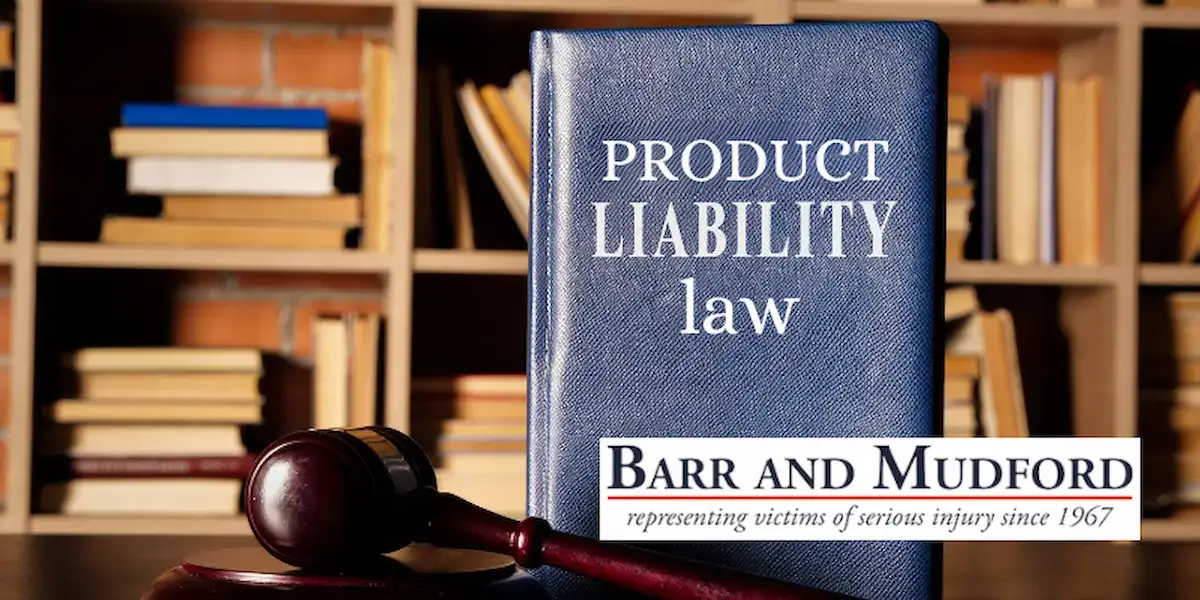California Product Liability Laws 2025 – All You Need to Know
Serving Northern California

When you purchase or obtain a product, you have a reasonable expectation that the product will be safe when used as intended. However, there are some instances where a product has a defect and causes injury, illness, and financial strain. In these cases, California product liability laws help individuals recover compensation for their damages and hold the responsible parties accountable.
What Is Product Liability?
Product liability refers to the responsibility of manufacturers, sellers, producers, and designers to provide safe products for consumers. Under product liability laws, these providers are under strict liability. Therefore, if someone is injured due to a defective product, they do not have to prove that the responsible party was negligent. They must only show that the injury occurred as a result of the defect.
Generally, victims must prove four elements:
- The product was defective.
- It was already defective when the plaintiff obtained it.
- They suffered an injury.
- The injury was a direct result of the defective product.
Product liability covers a wide range of products, including:
- Vehicles
- Prescription medication
- Medical devices
- Cleaning products
- Machinery
- Electronics
- Household appliances
- Children’s toys
- Food
Types of Product Defects
In California, there are three types of product defects that the law recognizes: manufacturing defects, design defects, and failure to warn.
- Manufacturing defects refer to errors made when producing a product. This is typically the case for a production run or set of the product, rather than all of them that were produced. An example of this would be a cord for a household appliance that was not installed properly, so it caught fire at the consumer’s home.
- Design defects occur if items are defective in their design. These defects will apply to all the units of the product that were produced, such as a baby toy that has small parts that could pose a choking hazard.
- Failure to warn refers to the producer’s failure to alert the consumer to the product’s potential risks. Some products pose an inherent risk, but the provider should inform the public of this. An example of this would be a prescription medication that does not provide information on known side effects.Failure to warn also covers any failure to provide proper handling instructions. In this same example, this could involve not including proper dosage information on the prescription label.
Fault in a Product Liability Case
In California, multiple parties can be responsible for a defective product in a product liability case. Some commonly responsible parties include:
- The manufacturer. Defects are mostly the fault of the corporation that creates, manufactures, and assembles the product. Individual product designers, small enterprises, and big corporations can all fall under this category.
- Wholesalers and distributors. If the product was defective when it passed through wholesalers and distributors, they may also share some of the blame, especially if they were aware of the defect.
- Sellers. Sellers may be held responsible if they sold the defective product, whether they knew about it or not. If retailers market a product as being safe, when it actually isn’t, they can share some of the responsibility.
In addition, other parties may be responsible if they were a part of the chain of distribution, such as designers, testing companies, contractors, part suppliers, hospitals, medical professionals, and advertisers.
Damages Available in a Product Liability Case
In California, those who have been harmed due to defective products can seek compensation for three types of damages: economic, non-economic, and punitive.
Economic damages are financial expenses and losses the victim suffered as a result of the injury. These can include medical bills, rehabilitation costs, lost wages, loss of earning potential, and any property damage incurred.
Non-economic damages refer to the emotional and physical damages you suffered from the injury. These aren’t tangible financial items; rather, they are based on the circumstances surrounding the incident. Non-economic damages can include pain and suffering, emotional distress, depression, anxiety, PTSD, and loss of enjoyment of life.
Punitive damages are not as common as the former two damages, but they are given in instances where the defendant was particularly reckless in their actions. The purpose of punitive damages is to deter the offender from future similar behavior. Examples of this include reckless misconduct, failing to issue a recall for a known defect, and knowingly selling a defective product.
FAQs Product Liability Law in California
What Are the Elements of Strict Product Liability in California?
The elements of strict product liability in California include proving that:
- The product was defective.
- It was defective when the victim obtained it.
- They suffered an injury.
- The defective product directly caused the plaintiff’s injuries.
The plaintiff only needs to establish these elements, not necessarily that the defendant was negligent in their actions.
What Is the Rule of Law for Product Liability?
Manufacturers, distributors, and retailers are held accountable by the product liability rule of law for any defective goods that result in harm. Strict liability, carelessness, or a warranty breach may be the basis for liability. Strict liability holds a business accountable for damages brought on by a flaw, regardless of carelessness or malice.
What Is the Liability Law in California?
According to California’s strict liability, negligence, and breach of warranty doctrines, the state permits customers to bring claims against producers, distributors, and retailers for harm brought on by faulty goods. Because California takes a consumer-friendly stance, plaintiffs only need to demonstrate that the product was flawed and harmful, not that they were negligent.
How Long Is a Company Liable for a Product?
Companies are usually held accountable in California for defective items as long as they cause injury within the allotted timeframe. Generally, consumers have two years from the date of the damage to bring a product liability claim.
The discovery rule, however, may prolong the reporting date for latent faults or problems that are not immediately apparent. Although a company’s responsibility does not last forever, it may be impacted by product recalls and continuing safety hazards.
Contact Barr and Mudford
If you were injured due to a defective product, Barr and Mudford can fight for the compensation you are due. Contact us today to discuss your situation.



